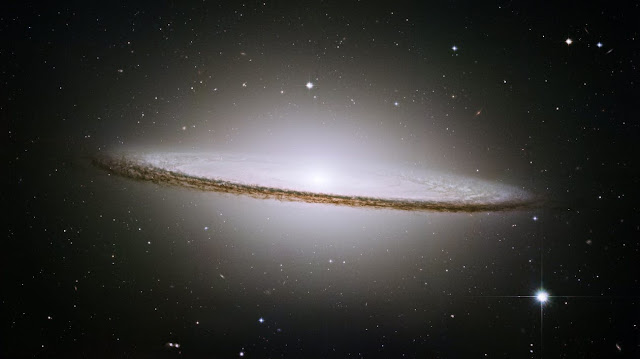Whoever
causes one of these little ones who believe in me to sin, it would be better
for him if a great millstone were put around his neck and he were thrown into
the sea. If your hand causes you to sin, cut it off. It is better for you to
enter into life maimed than with two hands to go into Gehenna, into the
unquenchable fire. And if your foot causes you to sin, cut if off. It is better
for you to enter into life crippled than with two feet to be thrown into
Gehenna. And if your eye causes you to sin, pluck it out. Better for you to
enter into the kingdom of God with one eye than with two eyes to be thrown into
Gehenna, where 'their worm does not die, and the fire is not quenched.'
Mark
9
What did
Jesus mean here by ‘sin’?
Most would reflexively
answer that he meant an egregious failure to be altruistic – to engage in
murder or assault for instance, or to be insensible of the dire needs of others.
For this, some of us might agree (on a really bad day), eternal damnation is
justifiable and proportionate.
But in Jesus’s
time, the concept of sin had not yet been narrowed to ‘being a nice person’. Sin
principally meant a violation of one of the 600+ rules of Torah. Those rules certainly
included a prohibition against murder and a prescription for altruism (“care
for the widow and orphan”) but also included a great many rules we would
consider arbitrary and that we violate without hesitation today: keeping kosher
and keeping the Sabbath, for instance.
We might be
inclined to take this passage at face value: that some of us are going to hell
(undoubtedly assuming we will find a loophole for ourselves). Some of us will dismiss this passage (and
perhaps all of faith) altogether for its apparent harshness. We should look
deeper.
So, if not
a stern warning to follow Torah impeccably, what might this passage mean?
In the last
line, Jesus is quoting the very last line of Chapter 66 of Isaiah. In fact, it
is the second-to-last line of the entire Book**. That part of Isaiah
is actually written by an author that biblical scholars call ‘Trito-Isaiah’ –
one of three authors of the Book of Isaiah. Almost all of Chapter 66 is an
extraordinary, poetic message of hope for the exiled Israelites. They
will return to Jerusalem and they, together with all Gentiles, will enjoy
prosperity and peace in this kingdom of God. According to Trito-Isiah, it
is the nasty Canaanites, with their sacrifices to Ba’al, the god of fertility,
that will be disgraced - burned outside the city gates in Gehenna, where (ironically)
Canaanites traditionally had sacrificed their firstborn to Ba’al on pyres. They have no faith in the one true God.
Another
hint appears in the first line of the Gospel passage. Jesus is warning those who make those “who believe
him” to sin.
In the last
line (which did not make the Lectionary version), Jesus says if salt loses its
taste, you cannot restore it with seasoning.
In other words, there is no substitute for salt.
We reflexively
assume Jesus is warning everyone to be altruistic or suffer terrible
consequences at the hands of an angry god. More likely, he is exhorting us to
take our faith seriously. Failure won’t literally land you in Sheol,
Hades or Gehenna, but the consequences are nonetheless severe.
** interestingly, Jesus is misquoting. Where Trito-Isaiah says, “their fire”, Jesus says, “the fire”.

